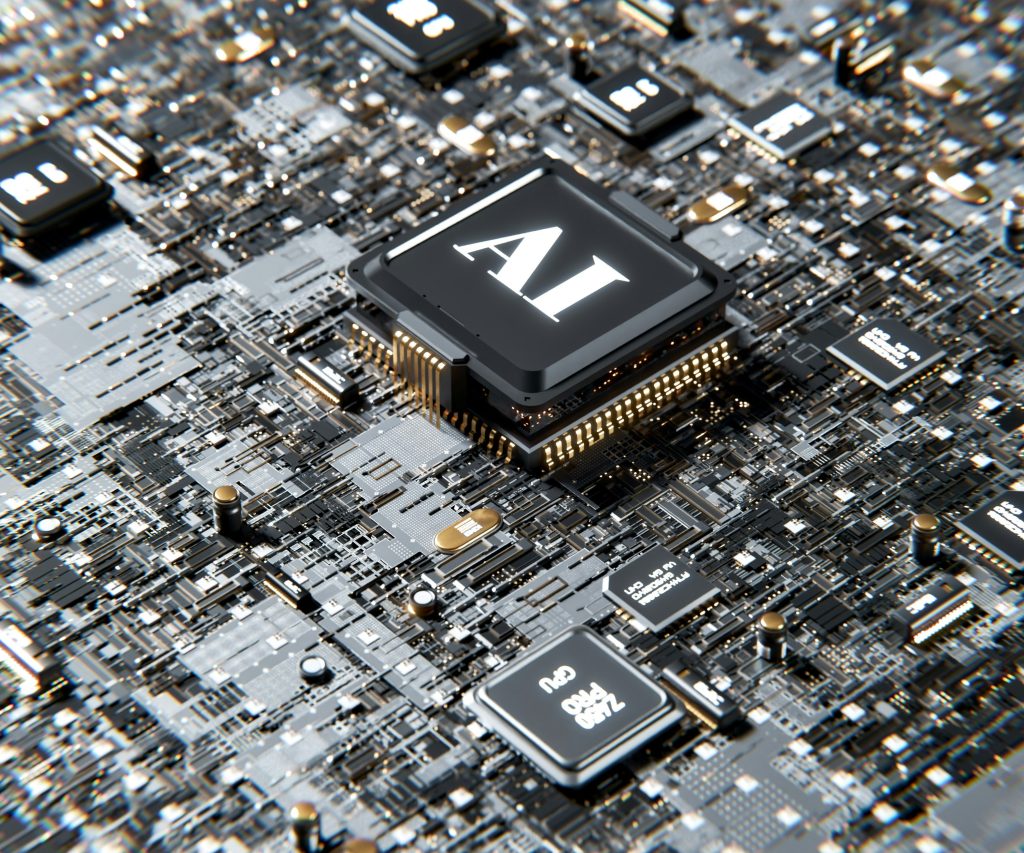Introduction
Artificial Intelligence (AI) is no longer a futuristic idea—it is already part of our daily lives. From using Google Maps for navigation to speaking with chatbots for customer service, AI is shaping how we live, work, and interact. But one of the biggest questions people ask is: What will AI do to jobs? Will it create more opportunities or take them away? The answer is not simple. AI will definitely transform the job market, but the future depends on how humans adapt to this change.
—
The Fear of Job Loss
Whenever new technology arrives, fear of unemployment rises. The same happened during the Industrial Revolution when machines replaced many manual jobs. Similarly, people today worry that AI will replace humans in various fields—such as data entry, customer service, and even creative work like writing or design.
Research shows that millions of jobs could be automated by 2030. For example, repetitive tasks in manufacturing, retail, and administration are most at risk. Self-driving cars might also reduce the need for drivers. This fear is real, but it tells only half the story.
—
New Jobs Created by AI
History has shown that while technology removes some jobs, it also creates new ones. AI is no different. Jobs that never existed before are now in demand:
AI Engineers and Data Scientists: People who build and train AI systems.
Ethics Specialists: Professionals who ensure AI is used fairly and responsibly.
AI Trainers: Humans who teach AI models how to recognize patterns and behaviors.
Cybersecurity Experts: With AI growth, protecting digital systems has become more critical than ever.
So while some jobs will disappear, many new ones will be born.
—
The Changing Nature of Work
The future of work is not just about losing or gaining jobs, but about changing jobs. Many professions will combine human skills with AI support. For example:
Doctors will use AI to analyze scans and predict diseases, but they will still provide emotional care to patients.
Teachers will rely on AI to personalize learning for students, but they will still guide, motivate, and inspire.
Writers and Designers may use AI tools to speed up their creative process, but human imagination will remain irreplaceable.
In short, AI will not replace humans—it will replace tasks. The human touch will still be essential.
—
Skills Needed in the AI Era
If AI is the future, then skills are the key to survival. The jobs of tomorrow will require a new set of abilities:
1. Critical Thinking – Understanding problems that AI cannot fully solve.
2. Creativity – Generating unique ideas that machines cannot imagine.
3. Emotional Intelligence – Connecting with people on a human level.
4. Digital Skills – Learning coding, data analysis, and AI tools.
5. Adaptability – Being open to lifelong learning as industries change.
Workers who invest in these skills will not only survive but thrive in the AI-driven economy.
—
Opportunities for Developing Countries
Interestingly, AI may provide opportunities for developing nations as well. Remote work, online freelancing, and AI-based platforms allow people from anywhere in the world to contribute to the global economy. For example, a freelancer in Pakistan or India can use AI tools to provide services to companies in the US or Europe. This globalization of work could reduce inequality if handled properly.
—
The Role of Governments and Companies
The future of jobs is not just in the hands of individuals—it also depends on how governments and businesses act. Policymakers must create training programs and update education systems to prepare young people for AI-based industries. Companies should focus on reskilling employees instead of simply replacing them with machines. If leaders fail to do this, unemployment and inequality may rise.
—
A Balanced Future
AI should not be seen as an enemy but as a tool. Just like electricity transformed industries without ending work, AI will also bring a new wave of progress. Some jobs will vanish, but many more will appear. The challenge is not to fight against AI, but to learn how to work with it.
—
Conclusion
The future of jobs with AI is uncertain, but one thing is clear: change is coming. People who resist change may struggle, but those who adapt will find new opportunities. Instead of fearing AI, we should embrace it as a partner. By upgrading our skills, supporting ethical AI use, and preparing for new industries, we can create a future where technology and humanity grow together.
AI will not take away all jobs—it will change what jobs mean. And in that transformation lies the real opportunity.

